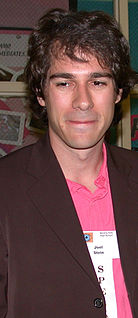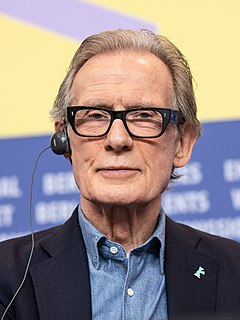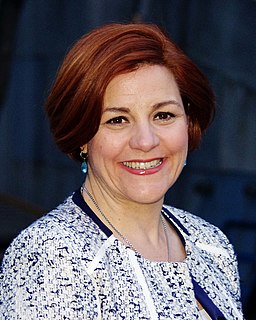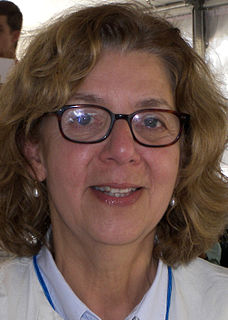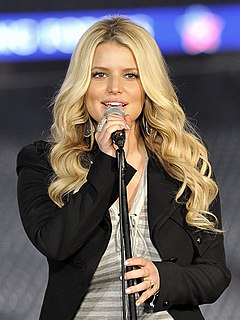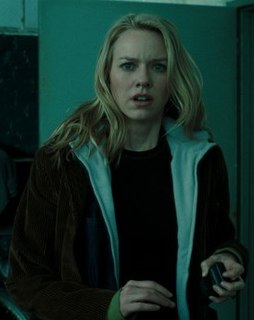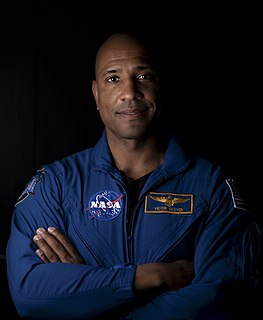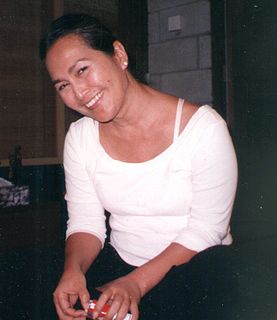A Quote by Lorin Stein
You can go back and try to generalize, but then you end up saying things that all editors say about everything that ever gets published. Something about voice, about urgency, about actually having a story to tell.
Related Quotes
The things that affect you most deeply - the things that will destroy you if you don't sing about them - are the things that you often end up singing about. It's really just about saying those things that everybody thinks but no one will say and making a connection by uncovering these diamonds that are inside of all of us that no one wants to tell each other about.
You'll also hear about the widening gap in the educated and the uneducated. The liberals will all say, "We must do something about it" and some in our population swoon, "Oh, yes, it's so unfair, and so unfortunate, and we've gotta do something about the inequality." So the Democrats then have their reason to do something about it, and the way they go about it is not trying to make people equal at all. The way they go about it is not even rooted in changing inequality, at the end of the day. The way they go about it is destructive for everybody.
I would like to change everything, but obviously not everything. I've been incredibly fortunate. I guess everybody would do this, but I'd go back to my younger self and say, "Lighten up. Take it easy. Relax. Don't be so anxious about everything. Try to be in the day. Try to not have today stolen from you by anxiety about yesterday or tomorrow."
I try to not think too much about how stuff gets seen as it's being done by a woman. Because if you think about it, then you end up thinking about how you're acting, and if you are thinking about how you're acting, then you are preoccupied and you're going to end up being insincere. You're kind of not present.
I tell you these stories because these things happen to everyone. It's not about being starched or polished or cute or polite. It's about having ears that stick out, about breaking yet another glass. It's about seeing something for the first time and making a million mistakes and not ever getting completely discouraged.
It was like a death in the family: You go through the mourning stage, then the rebellion, and then all of a sudden you have to find life by yourself. . . . I loved everything about marriage. I loved having a companion to wake up with and have barbecues with. But things happen and people grow apart. I don't really ever talk about the divorce because it was a heart-wrenching thing to go through.
I don't think there's a right or wrong things in your style. It's about how you clearly reflect who you are; how you more clearly tell the story. Who are you? How do you want to transmit that to the world, and how do you more clearly say that? Then I have a philosophy, FFPS: fit, fabric, proportion, and silhouette. Proportion's everything, really, knowing your body and understanding that. Those things have been really crucial for me. It's about being clear about the story you want to tell to the world about who you are - and maybe a little bit of FFPS.
I only try to talk to people about things I really do use in my shot. If I see something similar and something that will help them, then you try to come to them and say, 'I think I might have something for you. Think about it if you like it.' If they do, and they want to keep talking about it, then I will.
The way to start writing isn't by writing at all. But by living. It isn't about creating something from thin air, but about documenting our personal feelings about the things that we see. Or to put it crudely, how are you going to be a storyteller if you have no story to tell? Perhaps, in the end, there are no such things as creative people; they are only sharp observers with sensitive hearts.



